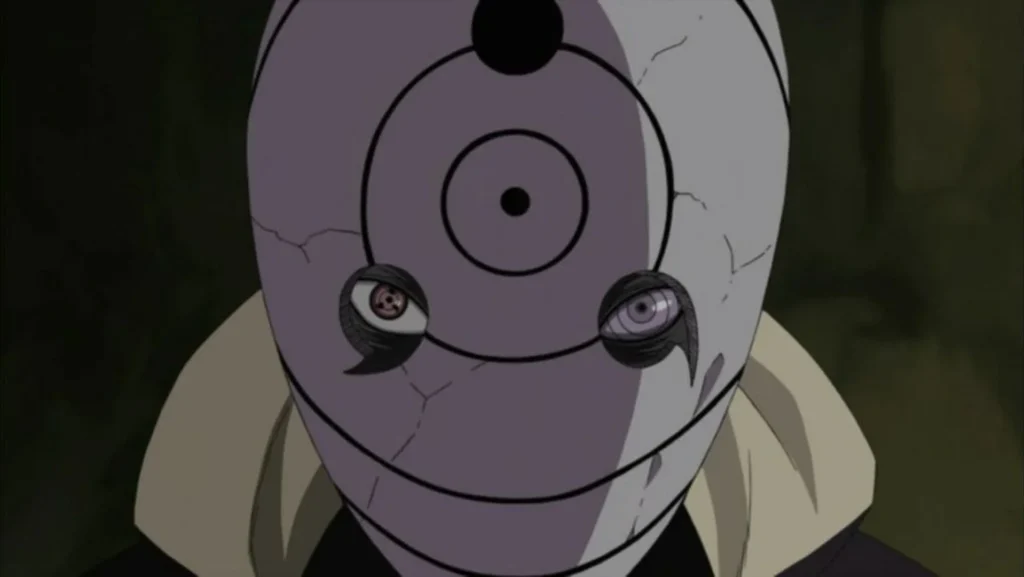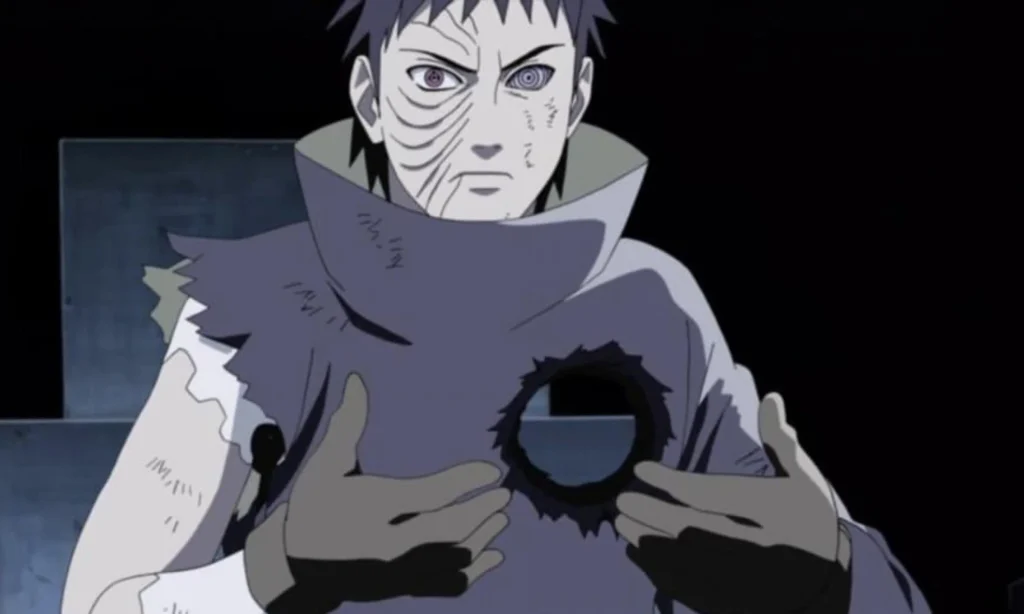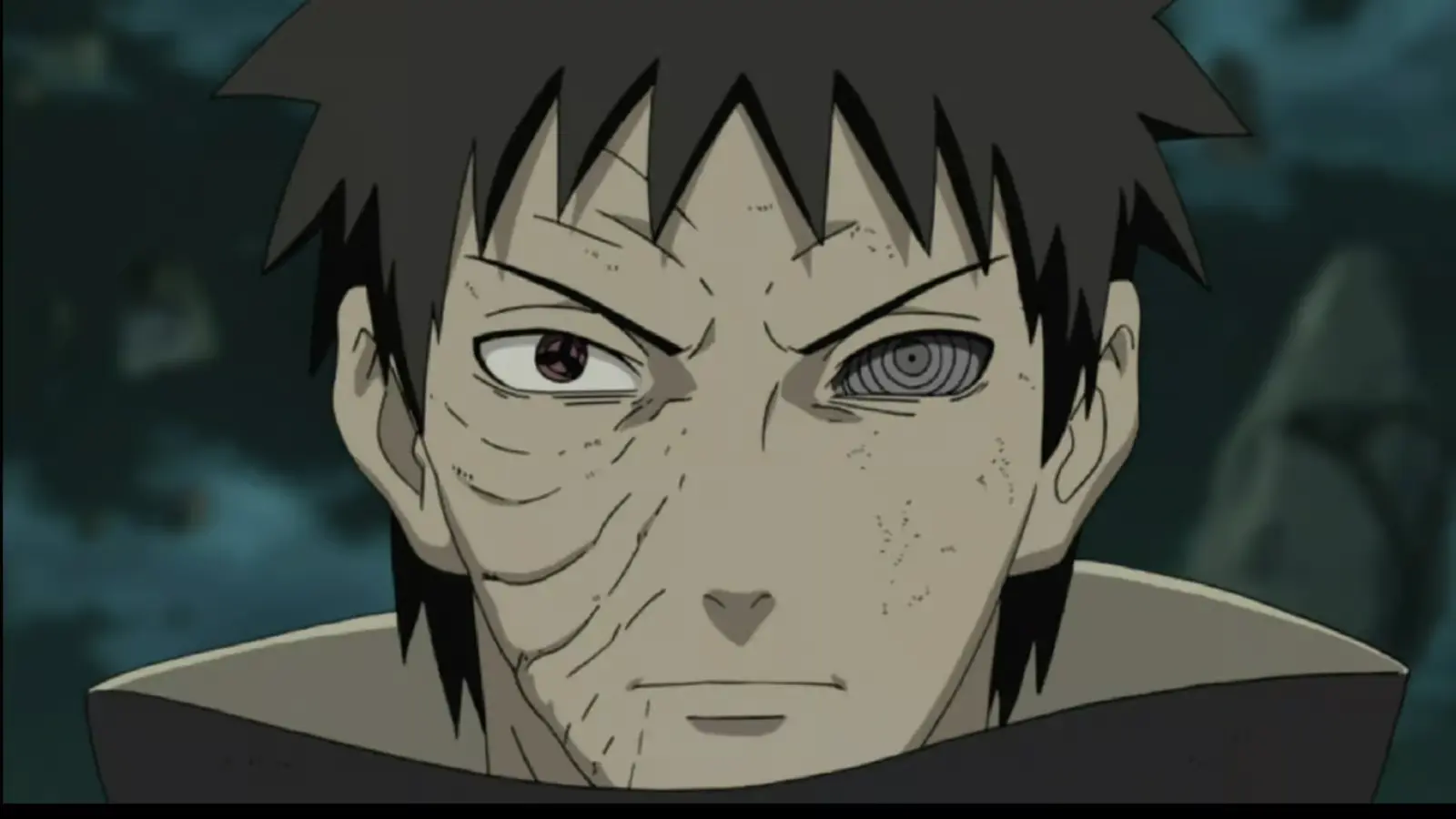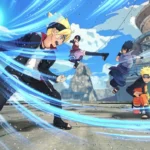Obito Uchiha is one of the most enigmatic and pivotal characters in Masashi Kishimoto’s acclaimed series Naruto. His journey from a promising young ninja to a major antagonist, and finally to a redeemed hero, underscores the series’ themes of redemption, struggle, and the enduring impact of one’s choices.
Early Life and Background
Obito Uchiha was a member of the prestigious Uchiha clan in Konohagakure. Known for his exceptional abilities and potential, he was a promising young ninja. Obito was initially characterized by his optimistic and determined nature, traits that endeared him to his friends and fellow ninjas. His early life was marked by his close friendship with Kakashi Hatake and Rin Nohara, members of his team during the Third Shinobi World War.
The Third Shinobi World War and Presumed Death
The turning point in Obito’s life came during the Third Shinobi World War. In a tragic turn of events, Obito was believed to have died in a devastating battle, an incident that deeply affected his teammates, particularly Kakashi. Before his supposed death, Obito had entrusted his Sharingan to Kakashi, an act that would have far-reaching consequences for both their lives.
Survival and Transformation
Contrary to what everyone believed, Obito did not die. Instead, he was saved by Madara Uchiha, who found him gravely injured and disillusioned. Under Madara’s influence, Obito underwent a significant transformation. The trauma and despair he experienced during the war, coupled with Madara’s manipulation, led Obito to adopt a new identity: Tobi. His transformation into Tobi marked the beginning of his journey down a dark path.

Obito’s disillusionment with the world, shaped by his experiences and Madara’s twisted vision, led him to adopt Madara’s plan to create an ideal world through the power of the Akatsuki. His actions during this period were driven by a belief that the only way to end the suffering of the world was to reshape it according to his own ideals.
Role in the Akatsuki and the Fourth Shinobi World War
Obito’s control over the Akatsuki, a group of rogue ninjas with their own ambitions, was subtle but influential. As the leader of this organization, he orchestrated numerous events leading up to the Fourth Shinobi World War. The war, driven by Obito’s machinations, became a significant conflict that brought the ninja world to the brink of destruction.

The Fourth Shinobi World War was a period of intense battles and significant developments. Obito’s actions and strategies during this time were pivotal, revealing his complex motivations and the depth of his character. His ability to manipulate events from the shadows showcased his strategic brilliance and the impact of his transformation.
Change of Heart and Redemption
Towards the end of the Fourth Shinobi World War, Obito experienced a profound change of heart. Confronted with the consequences of his actions and the suffering he had caused, he began to question his own beliefs and the path he had taken. This internal conflict led him to seek redemption for his past mistakes.
What so few people understand about Obito Uchiha
byu/MediaVsReality inNaruto
Obito’s ultimate sacrifice was a significant moment in the series. In a selfless act of atonement, he gave his life to save the world he once sought to destroy. This act of redemption highlighted his complex character and the series’ overarching theme of forgiveness and change.
Jutsu and Abilities
Obito’s journey through the series was marked by his mastery of several powerful techniques. His abilities included the Six Red Yang Formation, a technique that demonstrated his advanced understanding of chakra and its applications. Additionally, his use of Six Paths Senjutsu showcased his exceptional skill and the extent of his training under Madara.
Legacy and Impact
Obito Uchiha’s legacy is one of complexity and depth. His transformation from a hopeful young ninja to a major antagonist and finally to a redeemed hero reflects the series’ exploration of human nature and the possibility of change. His influence on other characters, particularly Kakashi and the broader ninja world, underscores the profound impact of his actions and decisions.
Conclusion
Obito Uchiha’s story is a compelling narrative of transformation, redemption, and the enduring impact of one’s choices. From his early days as a promising ninja to his role as a major antagonist and eventual redeemer, Obito’s journey is a testament to the intricate storytelling and rich character development that defines the Naruto series. His legacy continues to resonate with fans, highlighting the series’ exploration of redemption and the power of personal growth.

Akane, known as akanecco._ on Instagram, is a passionate and experienced Anime creator specializing in anime content. With 317 engaging posts and a dedicated following of 12.7K, Akane has become a trusted authority in the anime community. Through detailed reviews, character explorations, and insightful analyses, Akane shares an extensive knowledge of anime, captivating and educating fans with every video. Follow Akane on Instagram to immerse yourself in the vibrant world of anime and join a community of like-minded enthusiasts here- Facebook and Pinterest.





